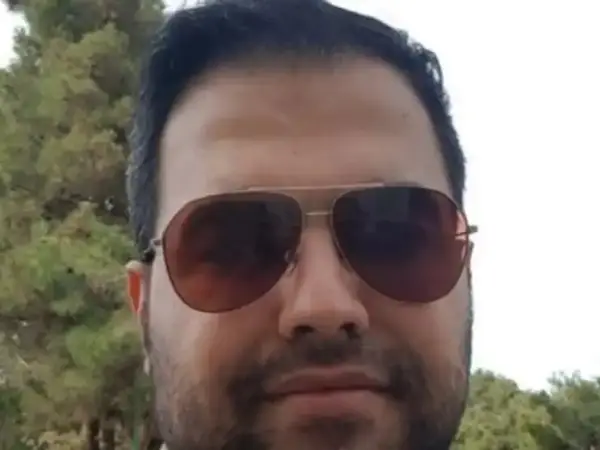A court in Istanbul has sentenced several of the 14 accused of assassinating Iranian dissident Masoud Molavi-Vardanjani on behalf of Iranian intelligence.
In March 2020 Reuters reported that two senior Turkish officials had confirmed that two Iranian intelligence officers at Iran’s consulate in Istanbul had instigated the killing of Molavi-Vardanjani.
The court sentenced Turkish hitman, Abdulvahap Koçak, to life imprisonment for shooting Molavi-Vardanjani in Istanbul’s Şişli neighborhood in November 2019 while he was walking with Ali Esfanjani, an Iranian national who masterminded the assassination.
The court also sentenced Turkish nationals Cengiz Akin to a prison term of fifteen years, Veli Sarı to twelve years and Birol Özdemir to six months for assisting in the crime.
Iranian national Siavash Abazari Shalamzari was sentenced to two years and six months in prison on charges of forging official documents. The accused have the right to appeal their sentences.
Molavi-Vardanjani, a former Iranian intelligence operative and a civil engineer by education, fled to Turkey in 2018 and launched a Telegram channel, called Black Box, focused on corruption allegations against Iran’s extraterritorial Qods Force, top officials in the office of Supreme Leader Ali Khamenei, judges and other senior figures. “I will root out the corrupt clan commanders,” he wrote in one post, never updated after his death. “Pray that they don’t kill me before I accomplish this.”
The lawyer representing Molavi-Vardanjani’s family in Istanbul said in May that Iran’s security forces had confiscated his parents’ passports at Tehran’s International Imam Khomeini Airport to prevent them from traveling to Turkey to attend the court sessions.
The court has decided to investigate the cases of three Iranian nationals – Ali Esfanjani, Mohammadreza Naserzadeh, and Naji (Naci) Sharifi-Zindashti – separately and acquitted the remaining defendants, which has led to speculation that Ankara might have made a deal with Tehran to let some of the defendants off the hook.
Mohammadreza Naserzadeh, staff member of the Iran’s Istanbul consulate, was arrested in connection with Molavi-Vardanjani’s assassination in February 2021. He was accused of forging travel documents for the mastermind, Esfanjani, and helping him flee to Iran three days after the assassination.
The three Iranian nationals, including Sharifi-Zindashti, a well-known international drug trafficker and head of a cartel of the same name, have all fled or returned to Iran.
Sharifi-Zindashti has also been accused of assisting Iran’s intelligence ministry in the abduction of Habib Asyud (also known as Habib Chaab), an Iranian-Arab leading separatist, and delivering him to Tehran in November 2020, as well as the alleged killing of the Iranian fugitive judge Gholamreza Mansouri in the Romanian capital Bucharest in June 2020.
In December 2020, Turkish media reported that Turkish Intelligence had dismantled a network tied to Iran’s Intelligence Ministry that had abducted or assassinated dissidents, including Chaab.
Turkey has arrested dozens of Iranian and Turkish nationals in the past few years over alleged plots to kidnap or assassinate Iranian dissidents.
Last month Turkey said it thwarted a planned attack against Israeli tourists in Istanbul, and detained eight suspects allegedly working for an Iranian intelligence cell.
Turkey had reportedly warned that it was not prepared to allow Iran to use its territory to carry out acts of terrorism against other nations amid urgent Israeli warning to its citizens not to travel to Turkey for fear of abduction by Iran. Tehran said Israel had waged a psychological operation and a smear campaign against Iran to sabotage relations between Tehran and Ankara.
